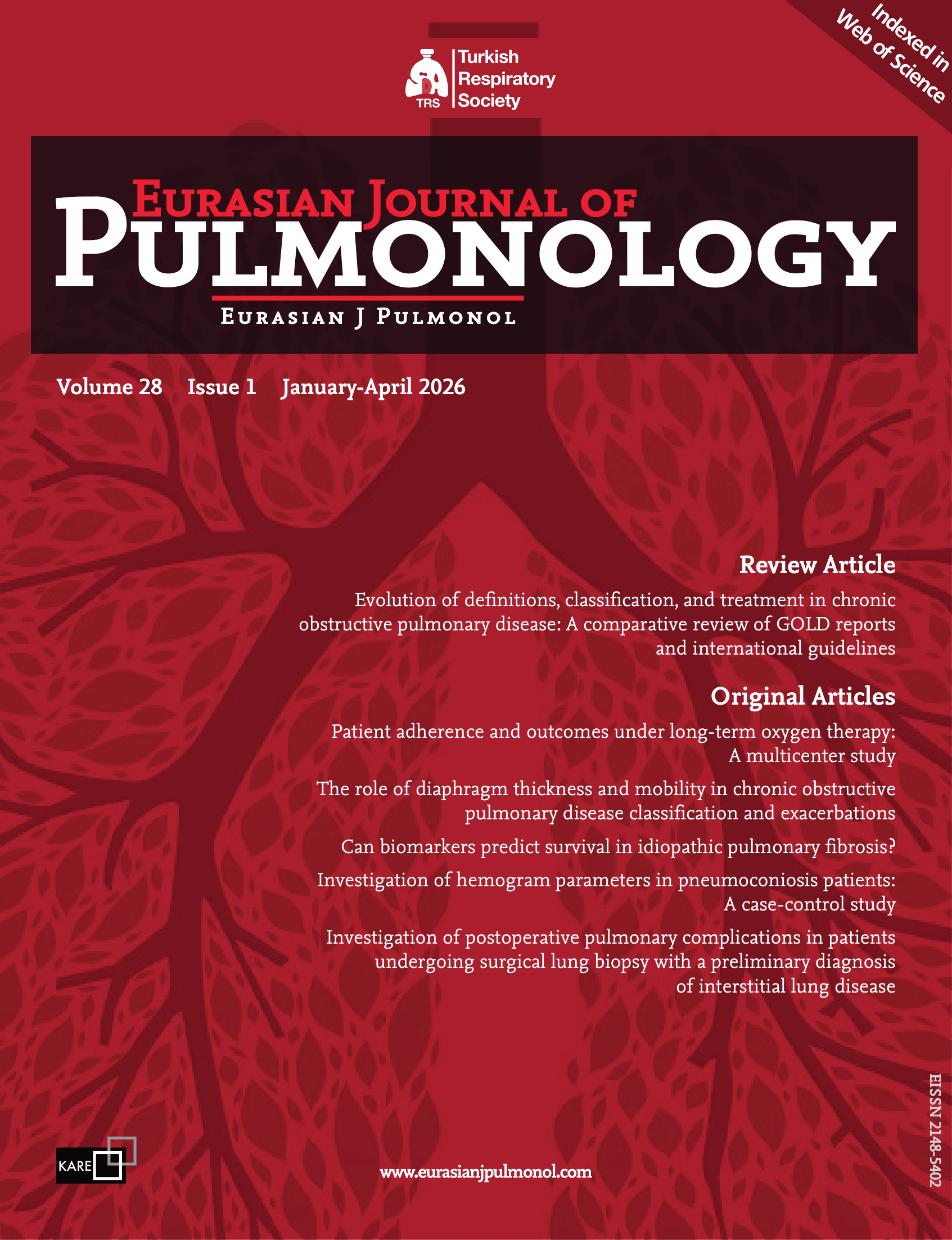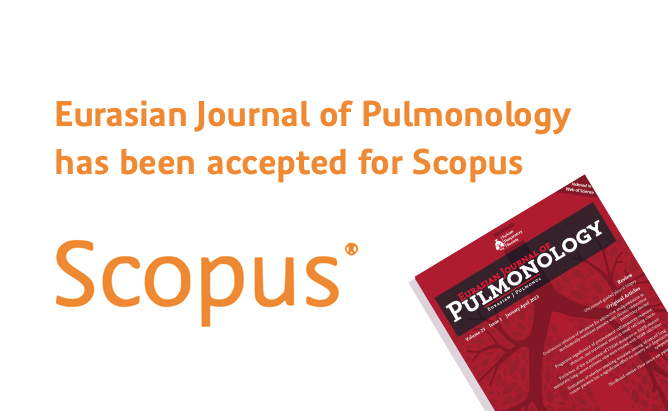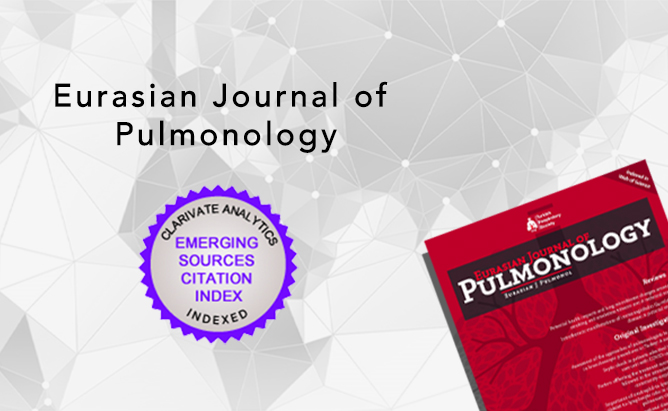Abstract
BACKGROUND AND AIM: Pneumonia is one of the leading causes of morbidity and mortality worldwide. This study aimed to evaluate the impact of the Glasgow prognostic score (GPS) on the prognosis of patients hospitalized with community-acquired pneumonia (CAP).
METHODS: A retrospective review was conducted on patients hospitalized in our department with CAP. The GPS was calculated based on C-reactive protein (CRP) and albumin levels.
RESULTS: The study included 121 patients, of whom 80 (66.1%) were male. The median age was 70 years. Early mortality occurred in 11 patients (9.1%). Patients with a GPS of 2 had significantly longer hospital stays than those with a GPS≤1 (p=0.002). Similarly, early mortality rates were statistically significantly higher in patients with a GPS of 2 (17.3%) compared to those with a GPS≤1 (2.9%) (p=0.009). A receiver operating characteristic (ROC) curve analysis was performed to determine the cutoff point for predicting mortality using the GPS. GPS values of 1.5 or higher were found to predict mortality with a sensitivity of 81.82% and a specificity of 60.91%. Age, average length of hospital stay, and the incidence of malignancy were significantly higher in patients who died within 30 days compared to survivors (p=0.011, p=0.001, and p=0.041, respectively). Upon evaluating the effects of age, length of hospital stay, GPS, and malignancy—which were found to be significant in univariate analyses—using logistic regression analysis, GPS was not identified as having a significant impact on mortality.
CONCLUSIONS: The GPS is associated with early mortality in patients with CAP. However, its independent impact on mortality is not statistically significant when considering other factors such as age, length of hospital stay, and malignancy. This suggests that while GPS can be a useful indicator for initial assessments, its prognostic value may be limited when other clinical variables are considered.




 Berrin Zinnet Eraslan1
Berrin Zinnet Eraslan1 




